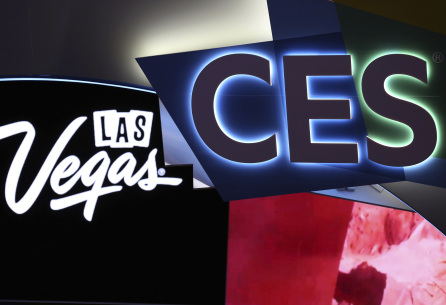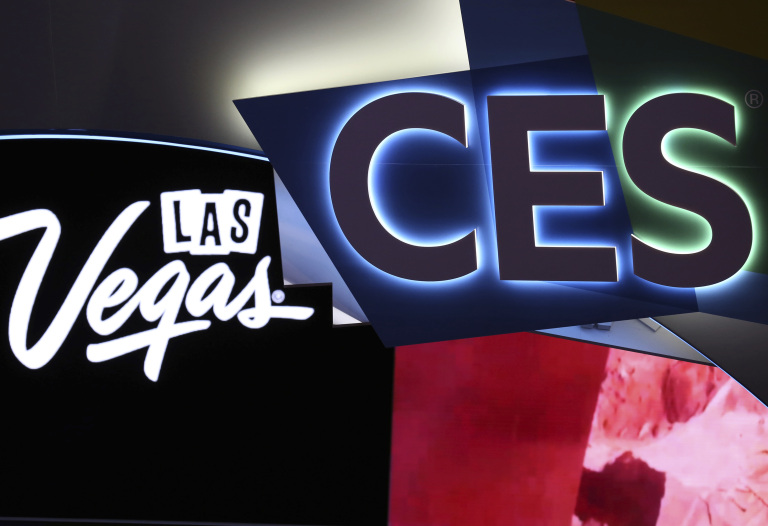
Some 180,000 people are expected to descend on Las Vegas this week for a glimpse into the future of electronics.
The 2019 Consumer Electronics Show officially kicks off on Tuesday, with a focus on virtual and augmented reality, artificial intelligence, 5G networks, self-driving cars and health care. Some 4,500 exhibitors will occupy a sprawling 2.8 million square feet of exhibit space, across 11 official venues (not counting the scores of hotel suite demonstrations).
The keynote speakers reflect this emphasis, with LG Electronics President I.P. Park talking about how Al impact the lives of consumers in the years ahead and IBM CEO Ginni Rometty expected to discuss how technologies such as AI and quantum computing will drastically change business and society.
Verizon Communications CEO Hans Vestberg will explore the impact of 5G on the world, while Advanced Micro Devices CEO Lisa Su plans to paint a picture of the next-generation of computing that will help redefine the future of gaming and virtual entertainment.
Artificial intelligence and fast connectivity are key drivers fueling the next wave of consumer electronics, Steve Koenig, the Consumer Technology Association’s vice president of market research, said in media briefing discussing coming trends.
The trade group predicts the U.S. consumer technology industry will reach a record-breaking $398 billion in retail revenues this year, 3.9% from 2018.
Smart home devices will see robust growth, as connected home devices get smarter and start conveying information to one another. In the near future, a home security cameras will incorporate object recognition, so it can distinguish between the UPS driver and a family member coming to the door.
The CTA expects sales of the growing constellation of connected home devices — everything from including smart thermostats to smart smoke and carbon monoxide detectors, to smart locks and doorbells — to reach 29.4 million units in this year.
Sales should reach $4.6 billion, marking a 17% increase.
Streaming services will see a 25% bump in revenue, rising to $26 billion, the CTA estimates. The gathering popularity of streaming services and exclusive, award-winning content will push consumer spending on video to $18 billion, up 27% from a year ago. On-demand music services will bring in $7.7 billion, a year-over-year gain of 22%.
As more technology makes its way into cars — from in-vehicle entertainment systems to driver-assist features, such as collision avoidance — these factory-installed technologies will generate $17 billion in revenue this year, a gain of 9% from a year ago.

